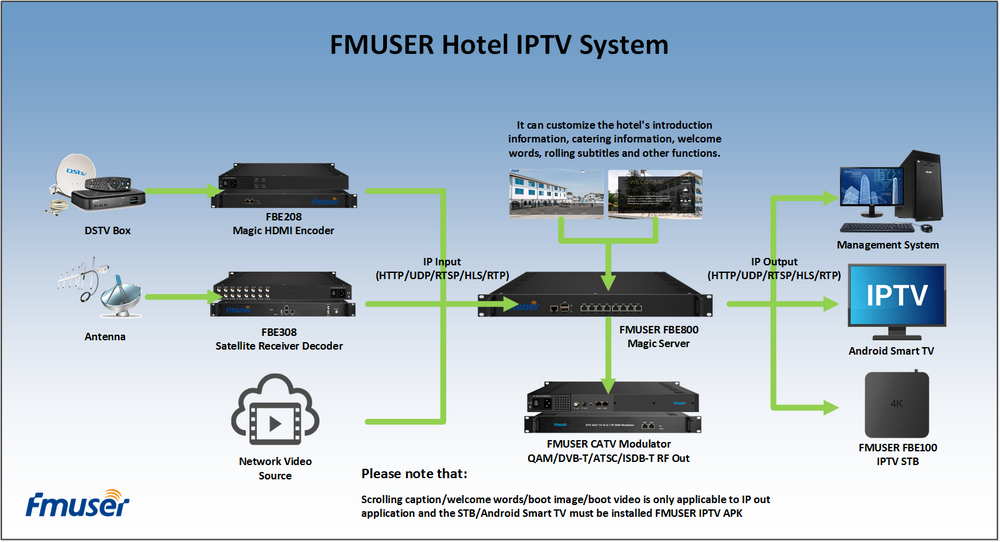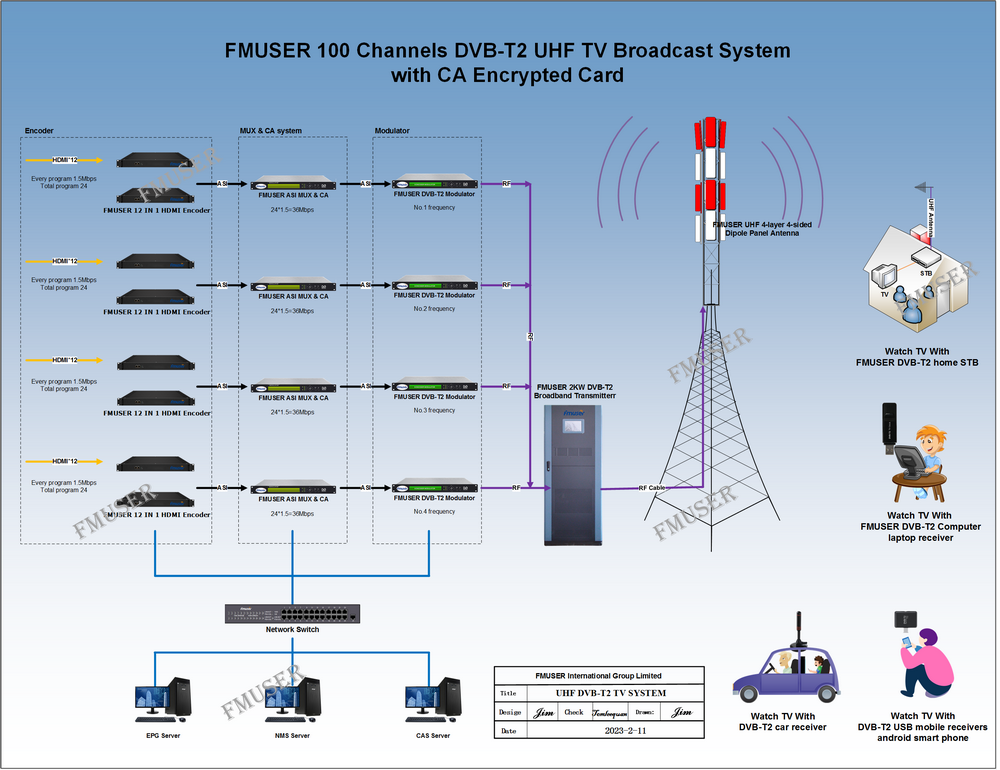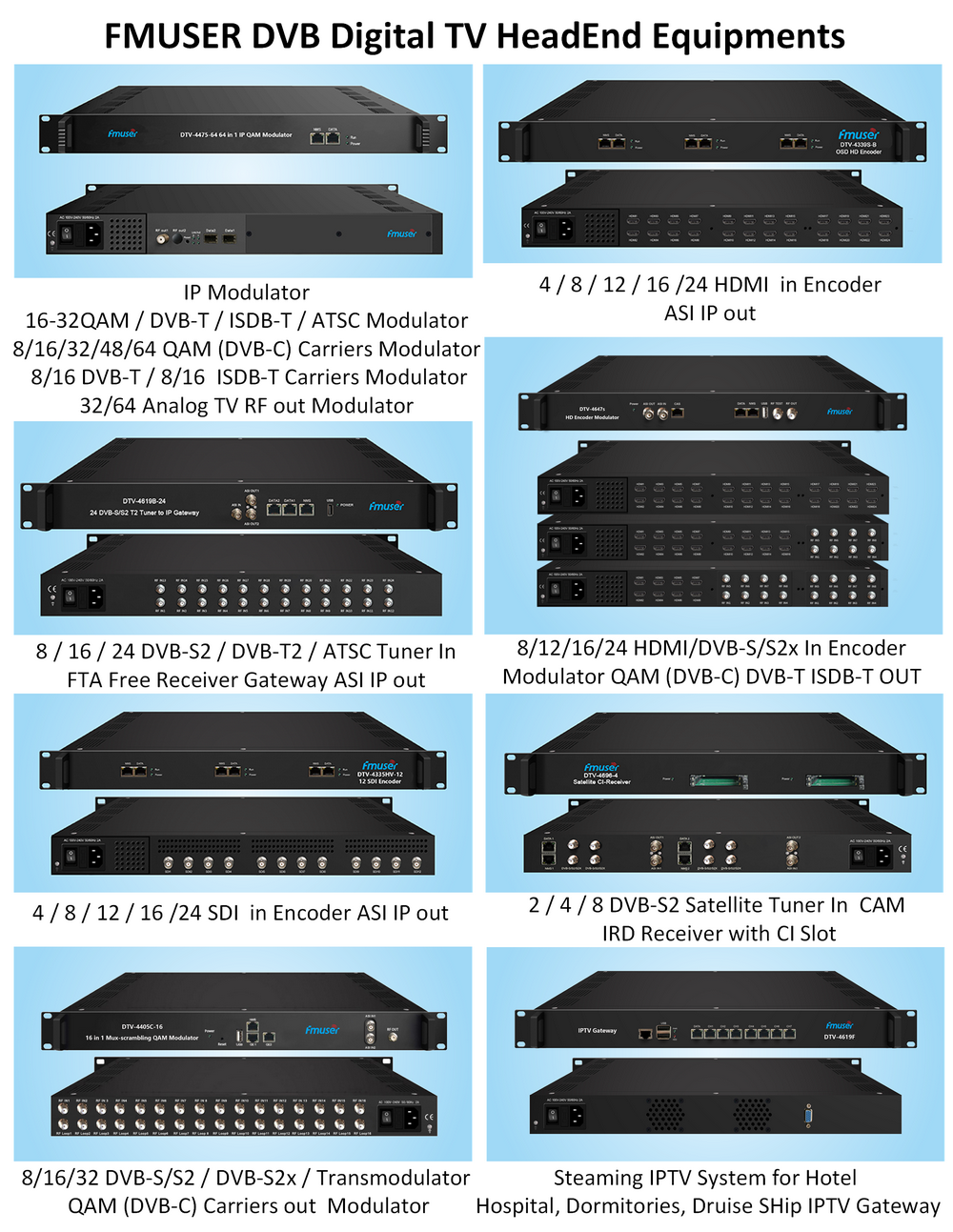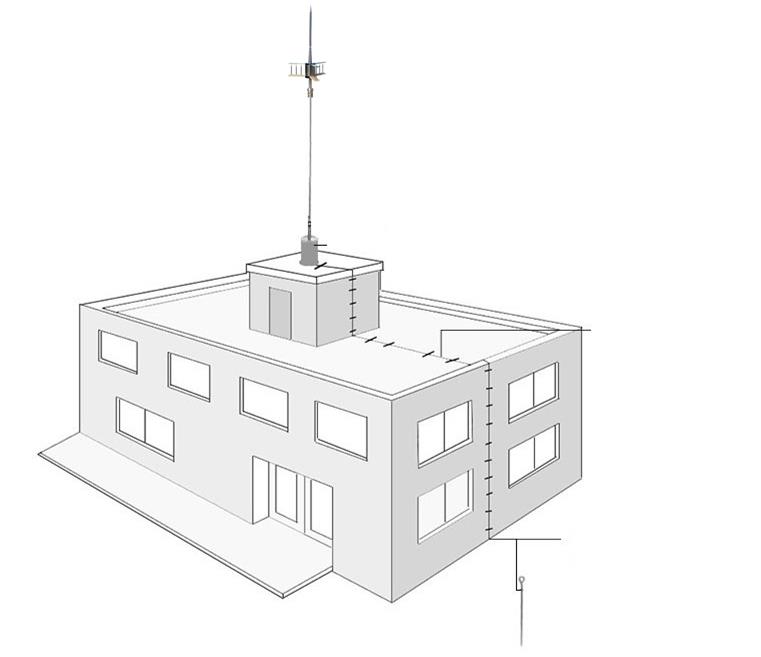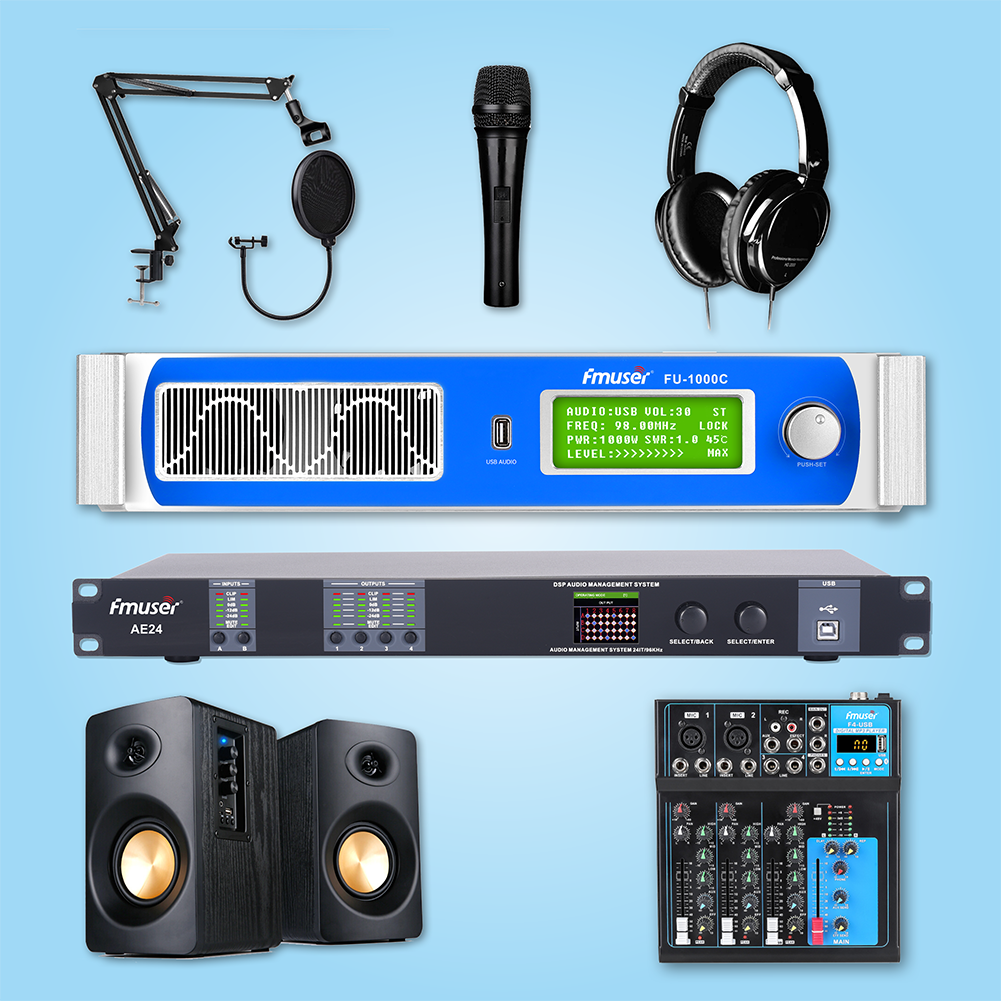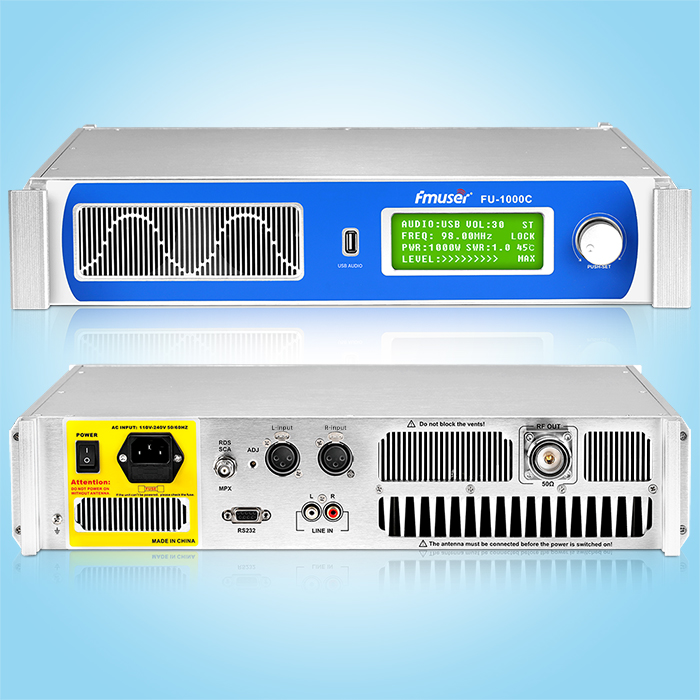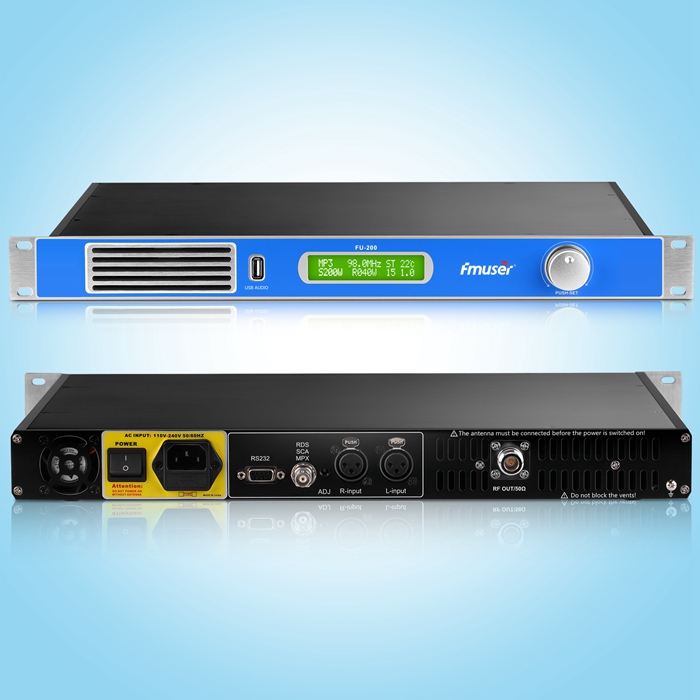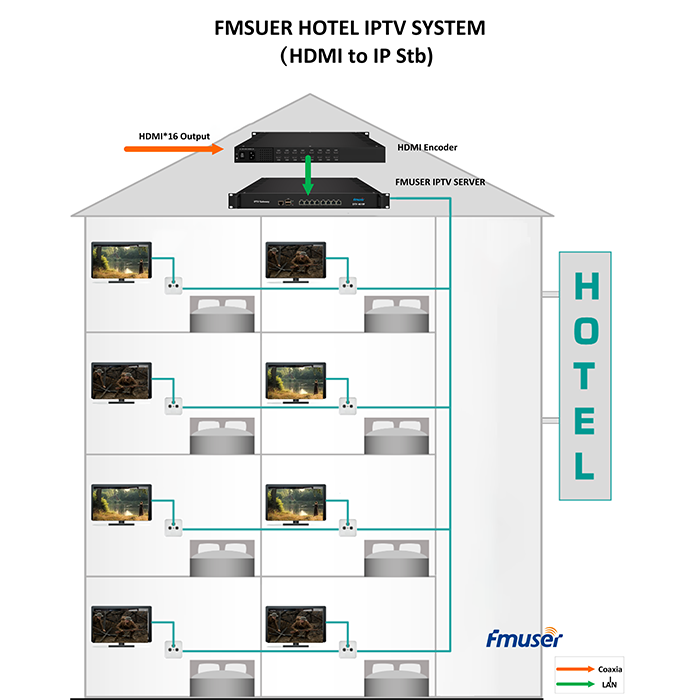First, back electronic acquisition Bodia
December 31, 2019, shall Lun Electronics (ProPlus) acquisition of Bardon Micro Technology (PDA). It is reported that both parties will retain their own brands, products, and teams to indicate that Bada will operate independently with the subsidiaries of the remarks. Liu Zhihong, the founder Liu Zhihong, will continue to serve as the chairman and president of the e-mail, but also served as the chairman of Badmia; Boda Miniquul, Li Yanfeng, will serve as the vice president of e-mail, and continue to serve as Badmia.
It is more than 70% of the total cost of more than 70% in the device building simulation EDA tools.
Second, Xinsi Technology completed the acquisition of DINI GROUP
5 December 2019 NEW Synopsys announced that it has completed the acquisition of the DINI Group.
DINI GROUP is headed in California, a leading position in FPGA-based board and solution.
The rapid growth of software required for automobiles, artificial intelligence, 5G and high performance computing (HPC) has brought huge hardware / software verification challenges for chip designers. To overcome this challenge, chip designers are deploying FPGA-based prototyping solutions to advance software development time, and accelerate hardware verification and system verification.
DINI Group Based on the FPGA-based solution further expands the leading position of new think technology in physical prototype verification and expands its FPGA solution to network applications and high frequency / low delay algorithm transactions.
Third, Yiden Electronic Acquisition Country Instrument Subsidiary AWR
On December 3, 2019, Cadence Design Systems agreed to acquire AWR from national instruments (National Instruments). The transaction has been completed on January 16, 2020.
AWR's high frequency RF EDA software can help microwave and radio engineers design wireless products for complex high-frequency RF applications. This technology is suitable for communications, aerospace and defense, semiconductors, computer and consumer electronic fields, can help customers accelerate system design and product development cycle, greatly shortening the time from concept to production.
At present, approximately 110 professional RF talent teams join the electronic electronics, and the electronic destruction is expected to provide better integration between its existing simulation and RF design tools and AWR product portfolios. As part of the new strategy, the integration process will be connected to the NI LabVIEW and PXI modular instrumentation systems to support the design and semiconductor test.
At the same time, the electronic and national instruments reached a strategic cooperation agreement, deepening cooperation, promoting electronic system innovation in communication.
Four, Inphi Corp acquisition of most of the business eSilicon
On November 11, 2019, Inphi announced the acquisition of Esilicon ASIC business with $ 216 million and 56 / 112g Serdes design and related IP components.
Inphi pointed out, eSilicon assets will help improve the financial situation Inphi while eSilicon the 2.5D packaging and custom silicon chip design technology with Inphi of DSP, TIA, as well as silicon photovoltaic technology will help drive further enhance their 5nm CMOS process Aspects and customization of the leadership of DSP. This acquisition also helps strengthening the market forces in the cloud data center and 5G mobile field.
5. Xinsi Technology acquisition ESILICON section IP business
On November 11, 2019, Esilicon announced its embedded memory IP (SRAM, TCAM, and multi-port memory compiler) and interface IP (HBM and HBI) assets to Synopsys). The transaction has been completed on January 17, 2020.
Xinsi Technology pointed out that this acquisition will extend the company's DesignWare embedded memory IP product portfolio of TCAM and multi-port memory compilers, and its interface IP portfolio with high bandwidth interface (HBI) IP. Through this acquisition, Xinsi Technology will also receive an experienced R & D engineer team to enhance its development capabilities in the most advanced technology technology to meet the changing design in the growing market, including AI and clouds. Requirements.
Designware IP nuclear combination includes logical libraries, embedded memory, embedded tests, analog IP, wired, and wireless interface IP, secure IP, embedded processors, and subsystems. In order to accelerate prototyping, software development, and the IP integration into the chip, Xinsi Technology IP Accelerated Plan provides IP prototype design suite, IP software development kit, and IP subsystem. Xinsi Technology's extensive investment in IP core, comprehensive technical support and powerful IP development methods enable designers to reduce integration risks and speed up time.
Sixth, Xinsi Technology completed Qtronic GmbH
In August 2019, Xinsi Technology announced the acquisition of Qtronic GmbH, and the transaction was completed in October 2019.
Qtronic GmbH is a leader in the company's automotive software and system development in Germany, testing tools and services.
After the completion of the acquisition, Qtronic Simulation and Test Tool will accelerate the provision of Xinsi Technology to provide a comprehensive automotive virtual prototype solution for system and software development in the automotive electronics supply chain, expand the combination of automobile solutions of Xinji Technology, and meet the car. tier suppliers and OEM's needs and increase an experienced team of engineers to accelerate technology development and user deployment.
The rapid development of automobile software, coupled with complex interactions between hardware, software and physical components, to develop future power systems, electric vehicles, advanced driving assistance and automatic driving systems to automotive manufacturers and their suppliers bring huge Challenge. In order to cope with these challenges, automotive companies are actively deploying virtual development and testing environments, achieving earlier software development, accelerating software push updates, continuous integration and testing. The Qtronic Simulation and Test Tool will provide a comprehensive automotive virtual prototype verification solution for systems and software development of the entire automotive electronic supply chain.
Manoj Gandhi, general manager of Xinsi Technology Chip Verification, said that from semiconductor to original equipment manufacturer, automotive companies are seeking automotive electronic systems for development, verification and testing. By acquiring Qtronic, we consolidate the status of the leadership of the virtual prototype verification solution and will continue to provide a strong virtual development and test solutions to develop automobile software earlier, faster and better.
Seven, Rambus acquired Northwest Logic
On July 29, 2019, Rambus announced the signing of the final agreement to acquire Northwest Logic.
Northwest Logic's high performance, high quality and silicon-validated digital IP controller kernel are optimized for ASIC and FPGAs. Interface IP solutions consisting of physical interfaces (PHY) and supporting digital controllers make data transmission between optimized chips and electronic devices. Each SOC design that uses memory, PCIe or MIPI PHY, also needs to use the controller associated therewith. The combination of Northwest Logic and Rambus complementary and physical IP portfolios will provide customers with one-stop service.
Eight, Facebook acquisition IP provider SONICS
In March 2019, Facebook acquired a private IP provider Sonics.
SONICS is mainly engaged in the development of on-chip network (NOC) and power management technology. It is the first company that develops and commercial NOCs, accelerating batch production of complex sheets containing multiple processor kernels (SOC). Based on the ICE-GRAIN power architecture, SONICS ICE-G1 is the industry's first complete energy processing unit (EPU) that implements rapid development of SOC power management subsystems. Sonics has approximately 150 patented property rights, supports over 4 billion SOC products.
Nine, ARM complete acquisition of wigwag
On February 5, 2019, the world's leading semiconductor intellectual property (IP) provider ARM completed the acquisition of Internet smart home creation enterprises Wigwag, which injects new vitality into ARM's LOT industry layout, and an integration in the AIOT field . WIGWAG's core product Device JS software realizes the intelligent interaction of users and homes, strengthens the user's participation and personalization experience, plus WigWag's home hardware, which makes it strong in the field of Internet of Things intelligent home. .
Our other product:


